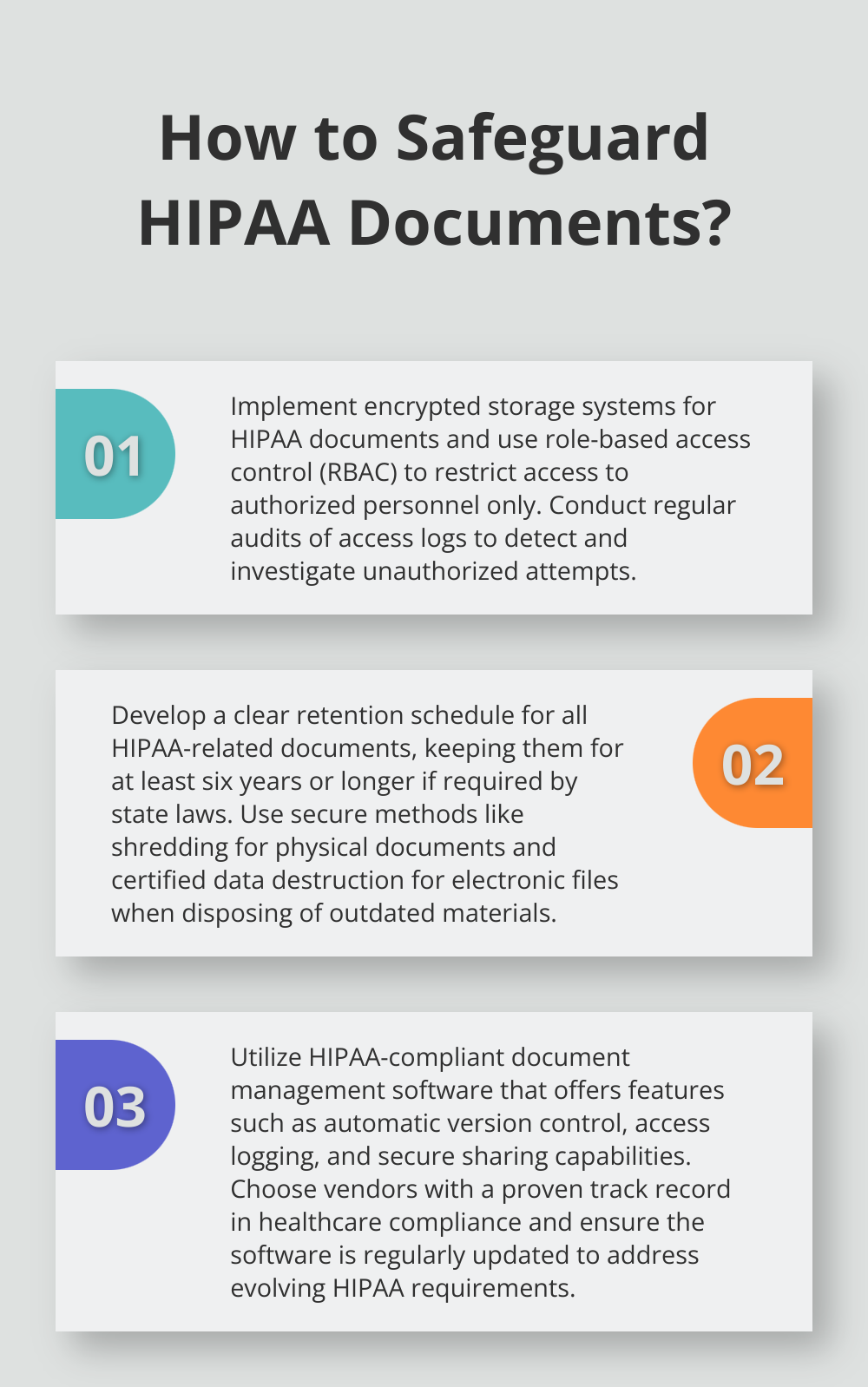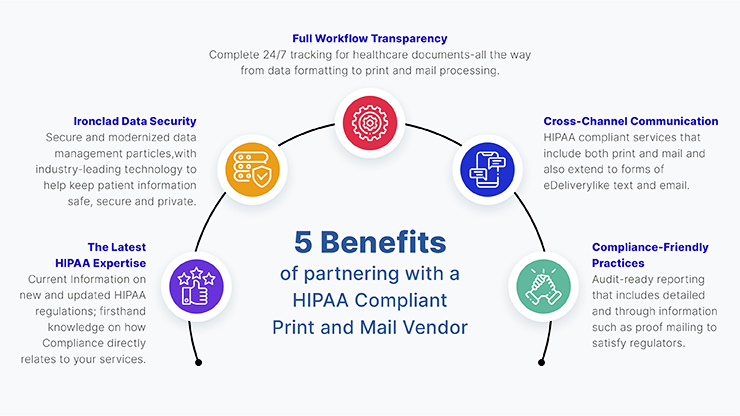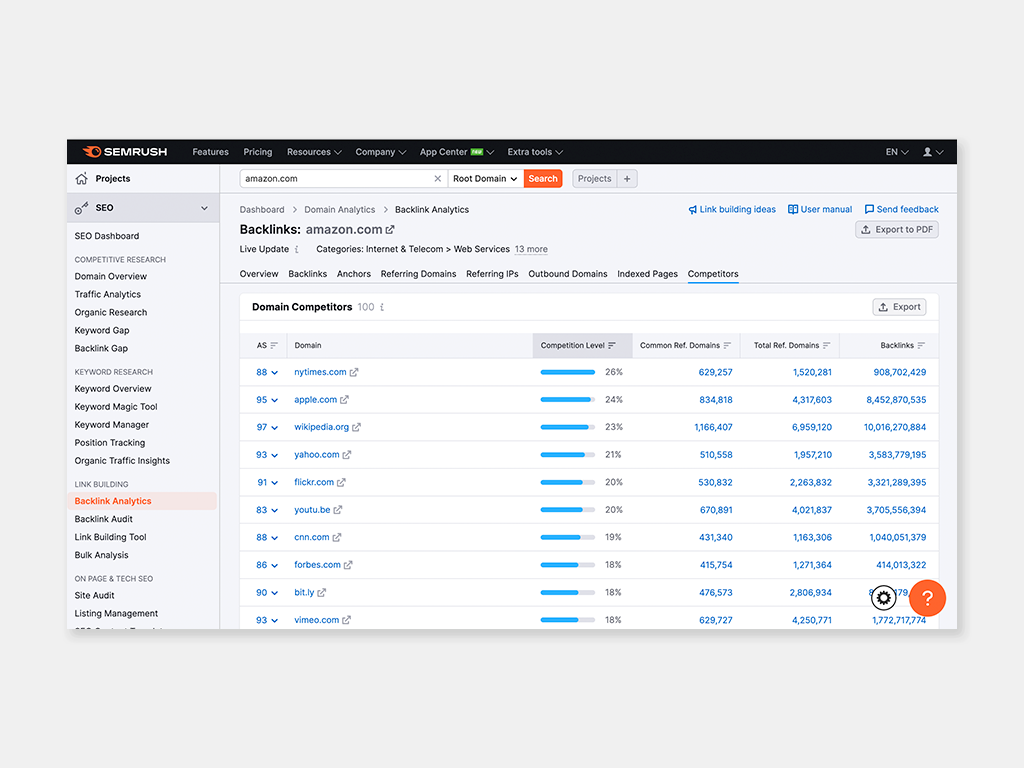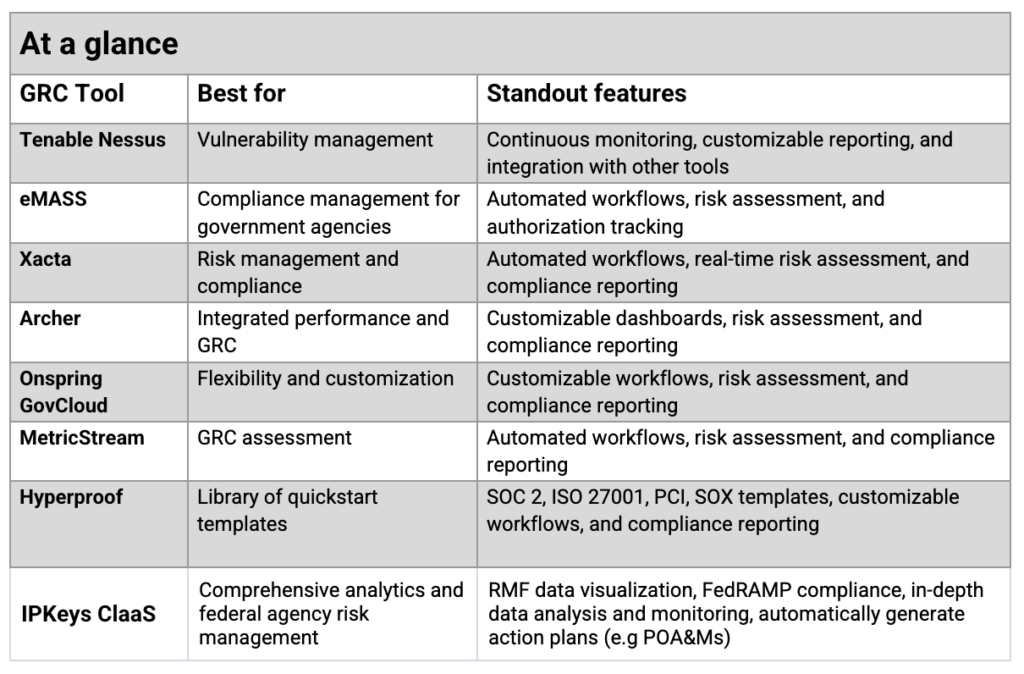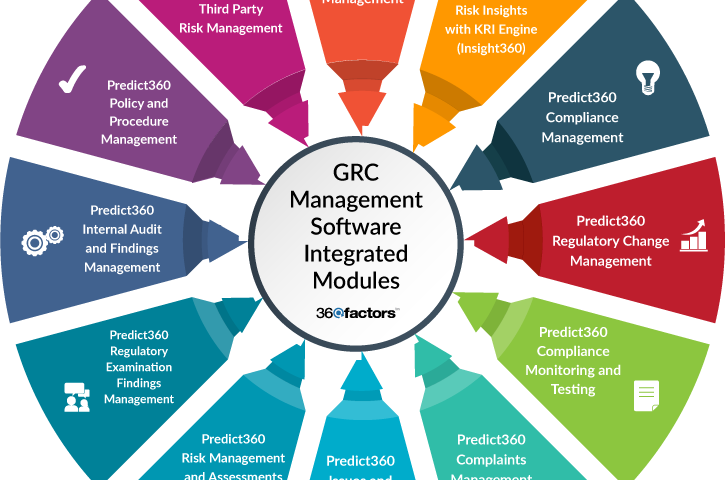The Future of Identity Management: Blockchain Technology
In today’s digital age, the need for secure and efficient identity management solutions has never been greater. Traditional methods of storing and verifying identities are often vulnerable to data breaches and identity theft. This is where blockchain technology comes in, offering a revolutionary approach to identity management that is decentralised, secure, and transparent.
How Does Blockchain-Based Identity Management Work?
Blockchain technology allows for the creation of a tamper-proof digital ledger that records transactions across a distributed network of computers. Each transaction is verified by multiple participants in the network, making it virtually impossible to alter or falsify data. This inherent security feature makes blockchain an ideal platform for identity management.
When it comes to identity management, blockchain can be used to create digital identities for individuals that are cryptographically secured and linked to their real-world credentials. These digital identities can then be used to access services, sign documents, or participate in online transactions securely and privately.
The Benefits of Blockchain-Based Identity Management
- Security: Blockchain offers a high level of security due to its decentralised nature and cryptographic protocols, reducing the risk of data breaches and identity theft.
- Privacy: Users have control over their own identities and can choose what information to share with third parties, enhancing privacy protection.
- Transparency: The transparent nature of blockchain ensures that all transactions are recorded on an immutable ledger, providing a clear audit trail for identity verification.
- Efficiency: By eliminating intermediaries and streamlining verification processes, blockchain-based identity management can reduce costs and improve operational efficiency.
- Interoperability: Blockchain allows for seamless integration with existing systems and services, enabling cross-platform identity verification without the need for multiple logins or passwords.
The Future of Identity Management
As blockchain technology continues to evolve, we can expect to see widespread adoption of blockchain-based identity management solutions across various industries. From financial services to healthcare to government agencies, organisations are recognising the potential benefits of leveraging blockchain for secure and reliable identity verification.
In conclusion, blockchain-based identity management represents a significant step forward in addressing the challenges associated with traditional identity systems. By harnessing the power of decentralisation, cryptography, and transparency, blockchain offers a promising solution for creating a more secure and efficient digital identity ecosystem.
9 Advantages of Blockchain-Based Identity Management: Enhancing Security, Privacy, and Efficiency
- Enhanced security due to decentralised data storage.
- Protection against identity theft and fraud through cryptographic verification.
- Increased privacy control for users over their personal information.
- Immutable record-keeping ensures data integrity and authenticity.
- Streamlined verification processes leading to improved efficiency.
- Reduced reliance on intermediaries, cutting costs and minimising risks.
- Seamless integration with existing systems for enhanced interoperability.
- Transparent audit trail for tracking identity verification activities.
- Potential for cross-platform identity verification without multiple logins.
Challenges in Blockchain-Based Identity Management: Complexity, Scalability, Cost, Regulation, Vulnerability, and Adoption
Enhanced security due to decentralised data storage.
Enhanced security is a key advantage of blockchain-based identity management, primarily attributed to its decentralised data storage architecture. By distributing data across a network of nodes rather than storing it in a centralised database, blockchain significantly reduces the vulnerability to single points of failure and malicious attacks. This decentralisation ensures that no single entity has control over the entire system, making it extremely challenging for cybercriminals to compromise or manipulate sensitive identity information. As a result, blockchain technology offers a robust and resilient security framework that enhances trust and confidence in identity verification processes.
Protection against identity theft and fraud through cryptographic verification.
Blockchain-based identity management provides robust protection against identity theft and fraud through cryptographic verification. By leveraging cryptographic protocols, blockchain ensures that digital identities are securely encrypted and verified, making it extremely difficult for malicious actors to tamper with or steal sensitive personal information. This advanced level of security significantly reduces the risk of identity theft and fraud, giving individuals greater peace of mind when engaging in online transactions or sharing personal data. The cryptographic verification process adds an extra layer of assurance, reinforcing the integrity and authenticity of digital identities within the blockchain network.
Increased privacy control for users over their personal information.
Blockchain-based identity management offers a significant advantage in terms of increased privacy control for users over their personal information. By leveraging blockchain technology, individuals have the ability to manage and share their identities in a secure and decentralised manner. This means that users can selectively disclose only the necessary information to third parties, maintaining greater control over who has access to their personal data. With blockchain, users can protect their privacy rights and minimise the risk of data misuse or unauthorized access, empowering them to safeguard their sensitive information in a more effective and transparent way.
Immutable record-keeping ensures data integrity and authenticity.
Immutable record-keeping is a key advantage of blockchain-based identity management, guaranteeing the integrity and authenticity of data. By storing transactions in a tamper-proof and decentralised ledger, blockchain technology prevents any unauthorised alterations or falsifications to the records. This feature not only enhances the security of personal information but also provides a reliable and transparent audit trail for verifying identities. With immutable record-keeping, users can trust that their data remains unchanged and authentic, reinforcing the credibility of blockchain-based identity management systems.
Streamlined verification processes leading to improved efficiency.
One notable advantage of blockchain-based identity management is the streamlined verification processes it offers, ultimately leading to improved efficiency. By eliminating the need for intermediaries and centralised databases, blockchain technology enables quicker and more direct verification of identities. This efficiency not only saves time but also reduces operational costs for organisations implementing blockchain-based identity solutions. Additionally, the seamless integration with existing systems enhances overall workflow efficiency, making identity verification processes smoother and more reliable.
Reduced reliance on intermediaries, cutting costs and minimising risks.
One of the key advantages of blockchain-based identity management is the reduced reliance on intermediaries, leading to cost savings and risk mitigation. By eliminating the need for centralised authorities or third-party verification services, blockchain technology streamlines identity verification processes, thereby cutting down on associated costs and minimising the risks of data breaches or identity fraud. This decentralised approach not only enhances efficiency but also enhances security by removing single points of failure, making identity management more resilient and trustworthy in a digital landscape.
Seamless integration with existing systems for enhanced interoperability.
Blockchain-based identity management offers a significant advantage in its seamless integration with existing systems, leading to enhanced interoperability. By leveraging blockchain technology, organisations can easily integrate their current identity management systems with blockchain solutions, allowing for smooth and efficient communication between different platforms. This interoperability not only streamlines identity verification processes but also enables cross-platform functionality without the need for multiple logins or complex authentication procedures. As a result, businesses can achieve greater efficiency and productivity while maintaining the security and integrity of their identity management processes.
Transparent audit trail for tracking identity verification activities.
One of the key advantages of blockchain-based identity management is the provision of a transparent audit trail that meticulously tracks all identity verification activities. This feature ensures that every verification process is recorded on an immutable ledger, allowing for easy and secure monitoring of who accessed the information, when it was accessed, and for what purpose. The transparency provided by this audit trail not only enhances accountability but also strengthens trust among users and regulatory bodies, as it offers a clear and verifiable record of all identity verification activities.
Potential for cross-platform identity verification without multiple logins.
One of the key advantages of blockchain-based identity management is its potential to enable seamless cross-platform identity verification without the need for multiple logins. By utilising blockchain technology, individuals can have a single, cryptographically secure digital identity that can be verified across different systems and services. This not only enhances user convenience by eliminating the hassle of managing multiple accounts but also improves security by reducing the risk of identity theft associated with maintaining numerous login credentials. The ability to verify identities across platforms efficiently and securely is a significant benefit that blockchain brings to modern identity management solutions.
Complexity
Implementing blockchain-based identity management systems can pose a significant challenge due to their inherent complexity, often necessitating specialised technical expertise for successful deployment. The intricate nature of blockchain technology, with its decentralised architecture and cryptographic protocols, demands a thorough understanding of the underlying principles and mechanisms involved. Organisations looking to adopt blockchain for identity management must invest in training or seek external support to navigate the complexities of implementation effectively. The need for skilled professionals in this field underscores the potential barrier that complexity can present in leveraging blockchain for identity management solutions.
Scalability Issues
Scalability remains a significant concern in blockchain-based identity management systems, as the networks can encounter challenges in handling a substantial influx of identity transactions efficiently. The inherent design of blockchain, with its decentralised and consensus-driven nature, can result in delays and bottlenecks when processing a large volume of data. These scalability issues may hinder the seamless verification and authentication of identities, potentially impacting user experience and system performance. Addressing scalability concerns is crucial for ensuring the widespread adoption and practicality of blockchain-based identity management solutions in real-world applications.
Cost
Developing and maintaining blockchain-based identity solutions can present a significant challenge in terms of cost, particularly for small businesses or organisations operating with limited resources. The implementation of blockchain technology requires specialised expertise and infrastructure, which can incur substantial upfront expenses. Additionally, ongoing maintenance and updates to ensure the security and efficiency of the system contribute to the overall cost burden. This financial barrier may hinder smaller entities from adopting blockchain-based identity management, potentially limiting their access to the enhanced security and privacy benefits that this technology offers.
Regulatory Concerns
Regulatory Concerns: The regulatory landscape surrounding blockchain technology is still evolving, which may pose compliance challenges for identity management. As governments and regulatory bodies grapple with the implications of blockchain-based identity solutions, there remains uncertainty around issues such as data protection, privacy laws, and cross-border data transfer regulations. Organisations implementing blockchain for identity management must navigate this complex regulatory environment to ensure legal compliance and data security, adding a layer of complexity to the adoption of this innovative technology.
Single Point of Failure
In the realm of blockchain-based identity management, a notable con is the vulnerability to a single point of failure. Despite the decentralised structure of blockchain networks, the system remains susceptible to risk if a single node within the network is compromised. This singular weak link has the potential to disrupt or compromise the integrity of the entire identity management system, highlighting a critical challenge in ensuring robust security and reliability in blockchain-based identity solutions.
User Adoption
User Adoption can be a significant challenge when it comes to implementing blockchain-based identity management systems. Many users may struggle to grasp the complexities of blockchain technology and may be hesitant to trust a system that is relatively new and unfamiliar to them. The concept of decentralised, cryptographically secure identities may seem daunting to those accustomed to traditional methods of identity management. This lack of understanding and trust in blockchain technology can result in resistance or reluctance among users to adopt such systems, hindering the widespread acceptance and implementation of blockchain-based identity management solutions.


